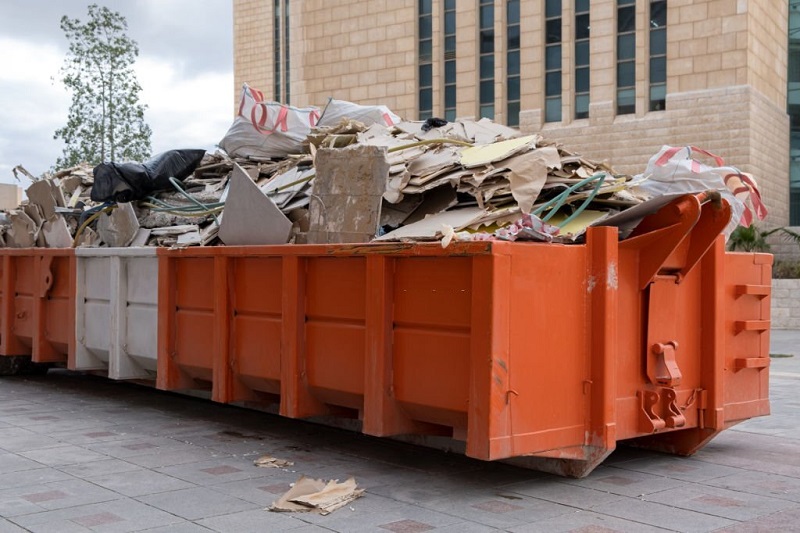
As we become more environmentally conscious, the demand for sustainable and eco-friendly landscaping options is on the rise. One such solution that has been making significant strides is the use of pavers. Pavers, particularly permeable ones, offer an array of benefits that make them an ideal choice for those seeking to reduce their carbon footprint while creating aesthetically pleasing outdoor spaces.
1. Understanding Pavers
Pavers are a type of hardscape made from various materials like concrete, brick, and natural stone. They are widely used in landscaping for creating paths, driveways, patios, and other outdoor spaces. With a variety of shapes, sizes, and colors available, pavers offer endless design possibilities.
2. Sustainability of Pavers
One of the main reasons why pavers are considered sustainable is their durability. Unlike other materials that may need to be replaced every few years, pavers are built to last. This longevity means less material is needed over time, reducing the demand on natural resources. Furthermore, many pavers are made from recycled materials, further boosting their sustainability credentials.
3. Eco-Friendly Features of Pavers
Pavers, especially permeable ones, are designed to allow water to filter through them, reducing runoff and erosion. This feature contributes to better water management, preventing flooding and protecting local waterways from pollution. Additionally, pavers have a lower embodied energy compared to other materials, meaning they require less energy to produce, reducing their carbon footprint.
4. Versatility and Durability of Pavers
Pavers are not only sustainable and eco-friendly, but they are also versatile and durable. They can withstand harsh weather conditions and heavy traffic without losing their aesthetic appeal. Their versatility allows for creative design possibilities, from traditional to contemporary styles, adding value to any property.
5. Low Maintenance Requirements of Pavers
Another appealing aspect of pavers is their low maintenance requirements. They are easy to clean and repair, which means less reliance on potentially harmful chemicals and resources. This factor contributes to their overall sustainability and eco-friendliness.
6. Pavers and Water Management
Pavers play a significant role in effective water management. As previously mentioned, permeable pavers allow water to seep through their surface into the ground below. This process not only reduces water runoff but also helps replenish groundwater levels, contributing to a healthier ecosystem.
7. Pavers and Recycled Materials
Many manufacturers are now producing pavers from recycled materials, such as crushed concrete and glass. This practice not only reduces waste going to landfills but also minimizes the need for new raw materials, further enhancing the eco-friendly nature of pavers.
Conclusion
In conclusion, pavers are an excellent choice for sustainable and eco-friendly landscaping. Their durability, versatility, low maintenance requirements, and role in effective water management make them a green solution for any outdoor space. Moreover, the use of recycled materials in their production further boosts their environmental credentials. Choosing pavers means making a responsible choice for the planet while creating beautiful, functional outdoor areas.
































